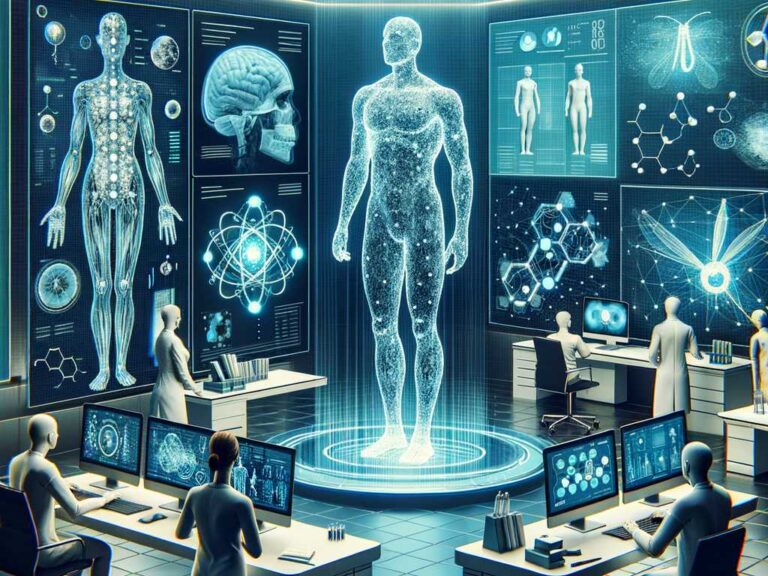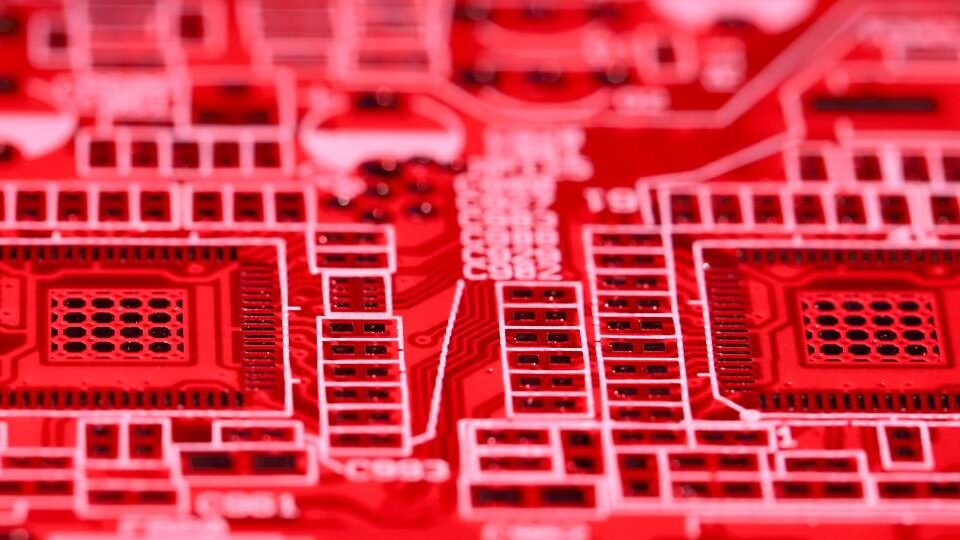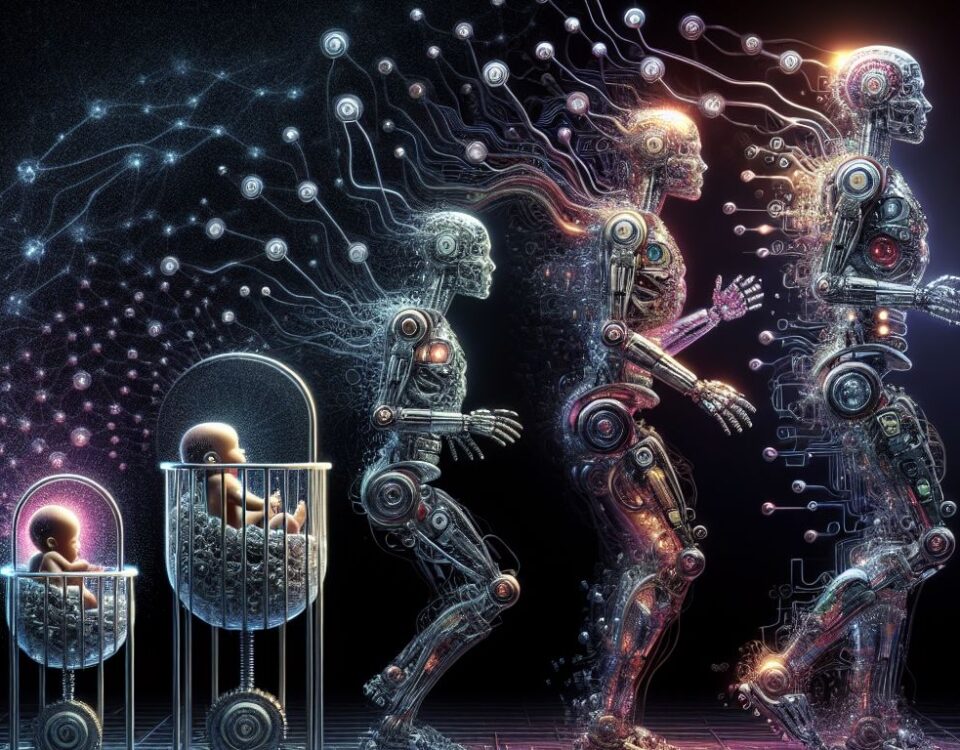
Role of Artificial Intelligence in Shaping Modern Medical Miracles
The landscape of healthcare is undergoing a significant transformation, and at the forefront of this revolution is the integration of artificial intelligence. AI in healthcare innovations is not just a buzzword; it’s a beacon of hope, a catalyst for change, and a testament to the relentless pursuit of better patient care.
The Dawn of AI-Driven Healthcare
Artificial intelligence has seeped into the realm of healthcare, bringing with it the promise of improved diagnoses, personalized treatment plans, and enhanced patient outcomes. AI algorithms have the power to analyze vast amounts of medical data at unprecedented speeds, providing insights that were once beyond human capability.
Predictive Analytics: Anticipating Illness Before It Strikes
One of the most profound applications of AI in healthcare is predictive analytics. By sifting through electronic health records, social determinants, and genetic information, AI can identify patterns and predict the onset of diseases. This early detection is pivotal in chronic disease management, offering a window for intervention that can arrest or even reverse the progression of illnesses.
Revolutionizing Radiology with Machine Precision
Radiology has been particularly receptive to AI innovations. Machine learning algorithms excel in image recognition, making them perfect assistants in detecting anomalies within medical imagery. They tirelessly work alongside radiologists, enhancing the accuracy of diagnoses from X-rays, MRI scans, and CT scans, ensuring that no detail, no matter how minuscule, is overlooked.
The Surge of AI in Drug Discovery and Development
The journey of bringing a new drug to market is notoriously long and costly. AI in healthcare innovations is set to revolutionize this process by streamlining the drug discovery and development pipeline. Its ability to rapidly analyze complex biochemical interactions facilitates the identification of potential drug candidates, significantly cutting down the time and cost associated with traditional methods.
Personalized Medicine: Tailored Treatments for Tailor-Made Solutions
The one-size-fits-all approach is becoming obsolete as AI paves the way for personalized medicine. By integrating AI with genomic information and patient data, healthcare providers can devise highly individualized treatment plans. This approach not only enhances the effectiveness of treatments but also minimizes the risk of adverse drug reactions.
The Ethical Implications and Privacy Concerns
With great power comes great responsibility, and the rise of AI in healthcare is no exception. The ethical implications and privacy concerns surrounding AI must be addressed with rigorous policies and transparent practices. As we advance, it is crucial to ensure that AI remains an ally in healthcare, upholding patient confidentiality and autonomy.
Conclusion: Embracing the AI Healthcare Renaissance
AI in healthcare innovations represents a monumental leap towards a future where healthcare is more accurate, efficient, and personalized. As we stand on the cusp of this new era, the engagement of clinicians, patients, and the tech community is critical. Together, we can steer the AI revolution in a direction that not only reshapes healthcare but also redefines the very essence of patient care.
The potential of artificial intelligence in healthcare is vast and largely untapped. As we continue to explore and harness its capabilities, we must remain vigilant stewards of this technology, ensuring it serves humanity’s best interests. The AI healthcare innovations we dream of today can become the life-saving realities of tomorrow, but only if we collectively commit to nurturing their growth in an ethical, equitable, and patient-centric manner.
Get the power of AI for your marketing campaigns
Simplify campaign management and maximize results with AdMind. Create high quality content, generate images, integrate digital channels, automatize editorial plans, track performance, and optimize for maximum success.
More AI-Marketing News
Subscribe to unlock the power of AI-driven content marketing and to get free stuff!
I read and accept the Privacy Policy.








